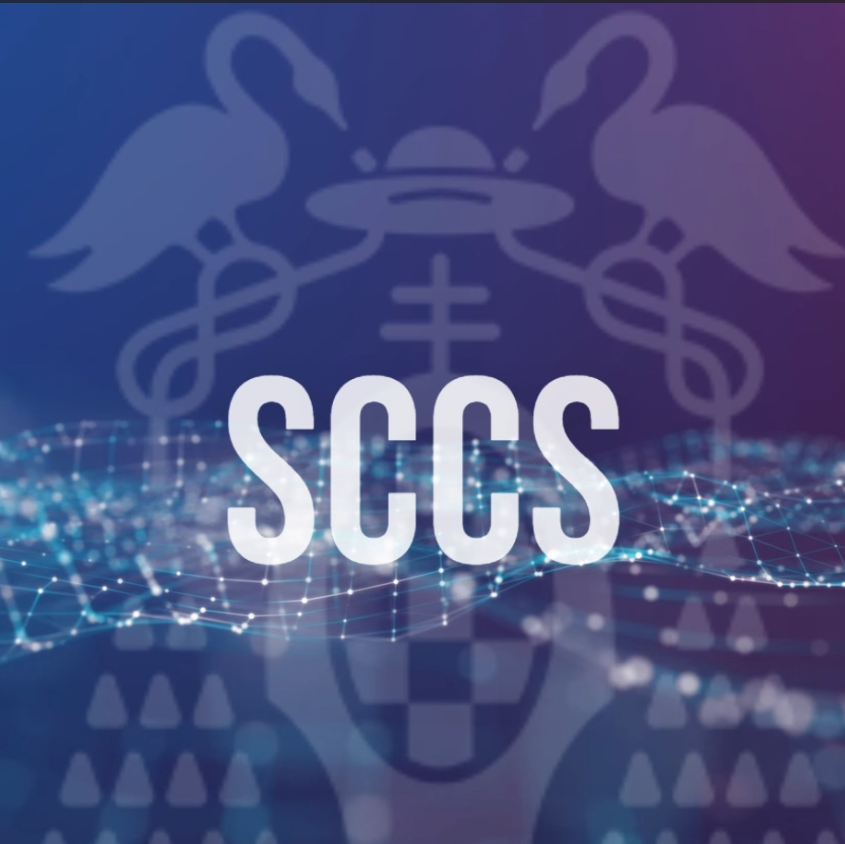Recent discussions, sparked by Elon Musk’s suggestion to replace human pilots in fighter jets like the F-35 with AI systems, have reignited debates about the role of artificial intelligence in high-stakes scenarios. Musk argues that autonomous systems could reduce risks and errors inherent to human decision-making. But does removing human pilots truly make such systems safer, or does it introduce new and equally serious risks?
At the Complex Systems in Social Sciences Group at the University of Alcalá, we explore questions like this, where technology intersects with human behavior and societal impact. The idea that AI is inherently “better” than humans is appealing at first glance, but a closer examination reveals that AI and humans share many strengths and vulnerabilities. AI is not necessarily superior—it’s different. This distinction is critical to understanding its role in sensitive areas like warfare, policy-making, or crisis management.
AI: The Mirror of Humanity
AI systems are, in many ways, a reflection of their creators. They inherit the biases, limitations, and imperfections embedded in the data they are trained on. Like humans, they can make errors—but these errors are of a different nature. Where humans might fail due to emotional stress or lack of information, AI falters because of technical flaws, incomplete datasets, or adversarial manipulation.
In the context of warfare, this duality becomes particularly stark:
- A human pilot might make a poor decision under stress, but they bring contextual understanding and moral judgment to the battlefield.
- An AI system operates with precision and consistency, but it lacks empathy and may fail to consider the broader ethical implications of its actions.
Characteristics, Not Advantages or Disadvantages
It is tempting to frame AI’s capabilities as “advantages” or “disadvantages,” but such labels oversimplify the issue. Characteristics like speed, impartiality, or immunity to emotional stress can be either strengths or liabilities depending on the context:
- Speed: AI processes data faster than any human, making it ideal for tasks requiring rapid response. Yet this same speed could lead to hasty decisions in high-stakes scenarios, such as launching a missile without fully verifying its target.
- Immunity to stress: An AI system will never panic, but this lack of emotional context could result in decisions that are morally or culturally insensitive.
- Impartiality: While AI applies rules uniformly, it may fail to adapt to exceptional circumstances where human flexibility and nuance are required.
The potential for these characteristics to shift between beneficial and harmful underscores the importance of human oversight. Without proper regulation and supervision, AI’s very strengths could become catastrophic weaknesses.
The Human-AI Parallel
AI, like humans, has the capacity to err. What’s striking, however, is how these errors often mirror each other. Just as human decisions can be clouded by bias or incomplete information, AI can misstep due to faulty programming or biased training data. This parallel reinforces the idea that AI is not inherently better or worse than humans—it’s simply different. Both are fallible, and both require systems of accountability to mitigate risks.
AI in Warfare: A Complex Trade-Off
Looking back at the 9/11 attacks, one might argue that autonomous systems could have prevented the hijackings. AI pilots, resistant to emotional manipulation, might not have deviated from their programmed routes. Yet this argument overlooks other risks. Autonomous systems introduce vulnerabilities such as cyberattacks or programming errors that could have equally catastrophic consequences.
The real question is not whether AI is better than humans, but how its capabilities and limitations interact with the broader system in which it operates. In warfare, as in any domain, this means designing AI systems that enhance human decision-making rather than replacing it entirely.
A Balanced Future
As we integrate AI into increasingly critical areas of life, we must resist the temptation to view it as a flawless solution. AI has the potential to amplify human capabilities, but it also inherits—and sometimes magnifies—our flaws. The challenge lies in striking a balance: leveraging AI’s strengths while safeguarding against its risks.
At the Complex Systems in Social Sciences Group, we believe that AI should be seen not as a replacement for human judgment but as a complement to it. By working together, humans and machines can create systems that are not just efficient but also ethical, adaptable, and resilient.
The key is responsibility—ensuring that AI’s immense power is channeled wisely, with rigorous oversight and a clear understanding of its capabilities and limitations. In this way, we can harness AI not to mimic humanity, but to bring out the best in it.
